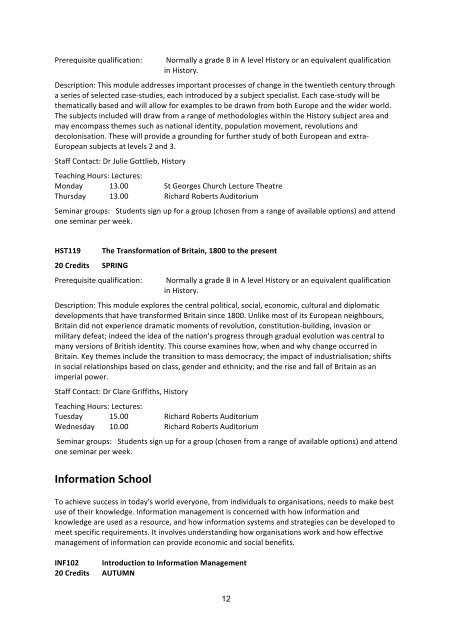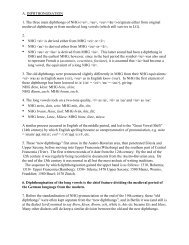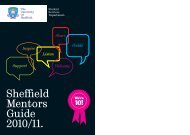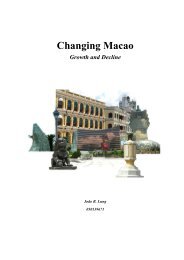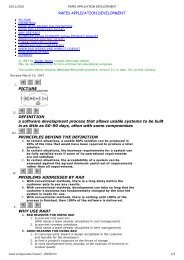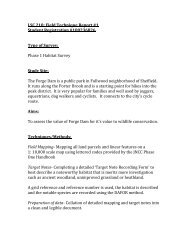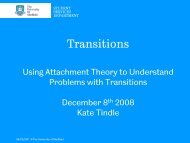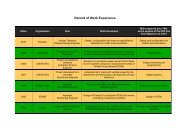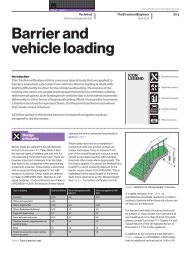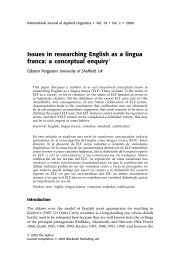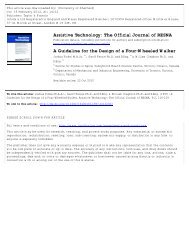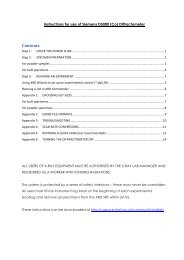Free Modules SOMLAL.pdf
Free Modules SOMLAL.pdf
Free Modules SOMLAL.pdf
You also want an ePaper? Increase the reach of your titles
YUMPU automatically turns print PDFs into web optimized ePapers that Google loves.
Prerequisite qualification: Normally a grade B in A level History or an equivalent qualification<br />
in History.<br />
Description: This module addresses important processes of change in the twentieth century through<br />
a series of selected case-‐studies, each introduced by a subject specialist. Each case-‐study will be<br />
thematically based and will allow for examples to be drawn from both Europe and the wider world.<br />
The subjects included will draw from a range of methodologies within the History subject area and<br />
may encompass themes such as national identity, population movement, revolutions and<br />
decolonisation. These will provide a grounding for further study of both European and extra-‐<br />
European subjects at levels 2 and 3.<br />
Staff Contact: Dr Julie Gottlieb, History<br />
Teaching Hours: Lectures:<br />
Monday 13.00 St Georges Church Lecture Theatre<br />
Thursday 13.00 Richard Roberts Auditorium<br />
Seminar groups: Students sign up for a group (chosen from a range of available options) and attend<br />
one seminar per week.<br />
HST119 The Transformation of Britain, 1800 to the present<br />
20 Credits SPRING<br />
Prerequisite qualification: Normally a grade B in A level History or an equivalent qualification<br />
in History.<br />
Description: This module explores the central political, social, economic, cultural and diplomatic<br />
developments that have transformed Britain since 1800. Unlike most of its European neighbours,<br />
Britain did not experience dramatic moments of revolution, constitution-‐building, invasion or<br />
military defeat; indeed the idea of the nation’s progress through gradual evolution was central to<br />
many versions of British identity. This course examines how, when and why change occurred in<br />
Britain. Key themes include the transition to mass democracy; the impact of industrialisation; shifts<br />
in social relationships based on class, gender and ethnicity; and the rise and fall of Britain as an<br />
imperial power.<br />
Staff Contact: Dr Clare Griffiths, History<br />
Teaching Hours: Lectures:<br />
Tuesday 15.00 Richard Roberts Auditorium<br />
Wednesday 10.00 Richard Roberts Auditorium<br />
Seminar groups: Students sign up for a group (chosen from a range of available options) and attend<br />
one seminar per week.<br />
Information School<br />
To achieve success in today's world everyone, from individuals to organisations, needs to make best<br />
use of their knowledge. Information management is concerned with how information and<br />
knowledge are used as a resource, and how information systems and strategies can be developed to<br />
meet specific requirements. It involves understanding how organisations work and how effective<br />
management of information can provide economic and social benefits.<br />
INF102 Introduction to Information Management<br />
20 Credits AUTUMN<br />
12


